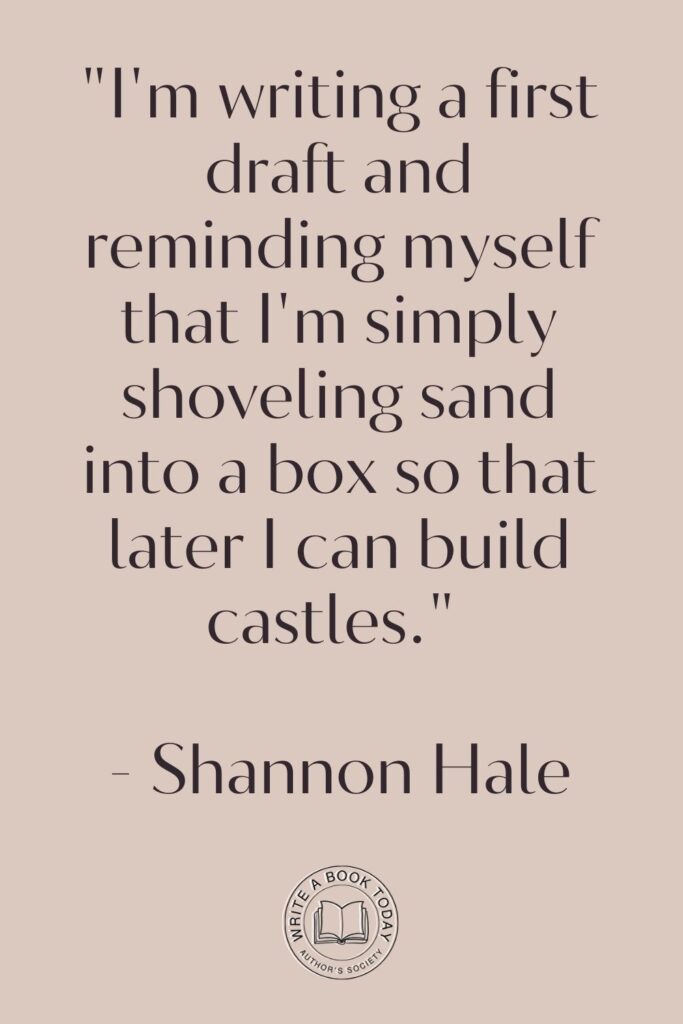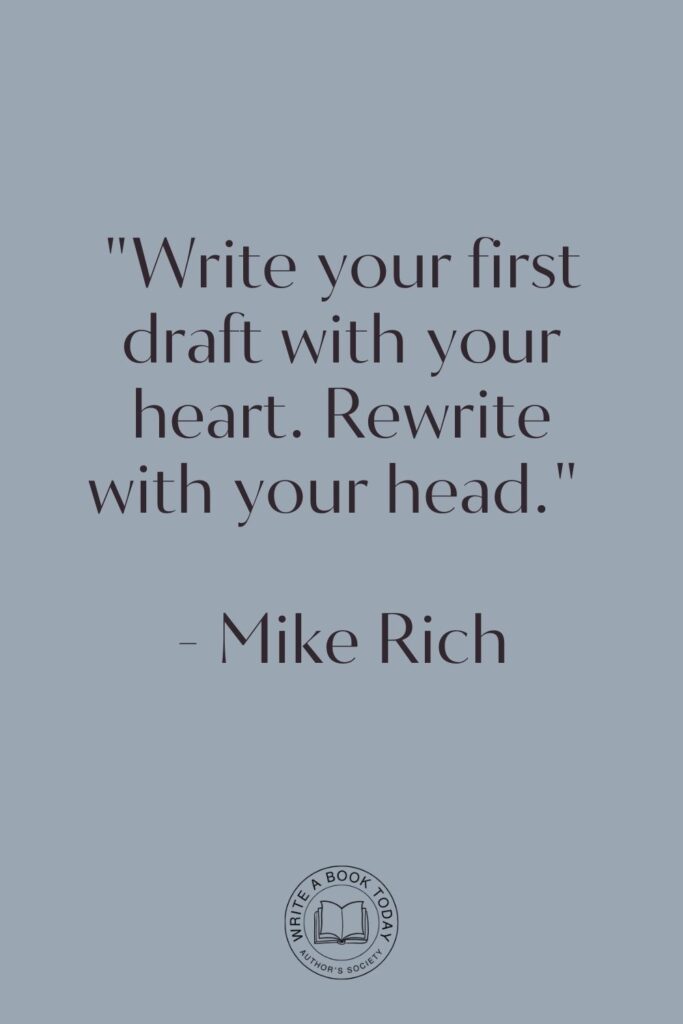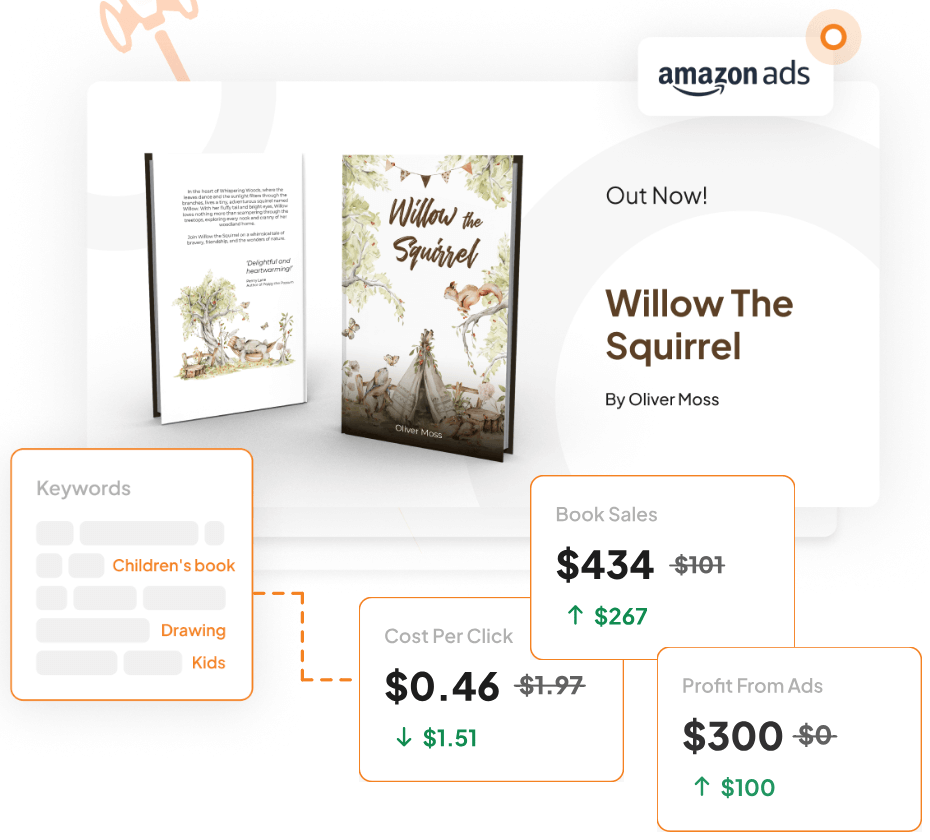Imagine opening a book and seeing not just words on a page, but a treasure map leading you to hidden secrets of storytelling. That’s the magic of learning to read like a writer.
It’s not just about enjoying a good story—it’s about dissecting it, understanding the gears and cogs that make it tick. Whether you’re a budding novelist or a seasoned scribe, diving into a book with a writer’s eye can elevate your own writing skills to new heights.
So, how does one embark on this literary journey? Let’s unravel this mystery together.
Understanding the Concept of Reading Like a Writer
Before we dive into techniques and strategies, it’s essential to grasp what it truly means to read like a writer. This isn’t merely reading for pleasure or information—it’s about peeling back the layers of a text to understand its construction.
What Does It Mean to Read Like a Writer?
To read like a writer is to approach a book with an analytical mindset, akin to a detective examining clues. You’re not just passively absorbing the narrative; instead, you’re scrutinizing the author’s choices in character development, plot pacing, and language use.
This involves asking questions like, “Why did the author choose this point of view?” or “How does this dialogue reveal character?” It’s about seeing beyond the surface, identifying the techniques that make the story compelling.
Try reading a favorite book twice: once for the story and again for the structure. The second read-through will reveal the craft behind the narrative, offering insights into the author’s technique.
The Importance of Literary Analysis in Writing
Literary analysis is a cornerstone of reading like a writer. By analyzing texts, you learn to appreciate the nuances of storytelling and the subtleties of language. This critical examination enriches your understanding of literature and informs your writing.
You start to see patterns, recognize effective techniques, and understand the power of word choice. Literary analysis equips you with a toolbox of writing techniques you can apply to your work.

Key Techniques to Read Like a Writer
Now that we understand the concept, let’s explore some practical techniques to enhance your reading—and writing—experience.
Ask the Right Questions While Reading
Asking questions is a fundamental part of reading like a writer. Before you start a book, consider what you want to learn from it. As you read, pose questions about character motivations, plot developments, and thematic elements.
For example, what do the characters’ choices reveal about their personalities? How does the setting influence the story’s mood? By actively questioning the text, you engage with it on a deeper level.
- What is the central conflict in the story?
- How does the author build tension?
- What themes are explored, and how are they presented?
Analyze Characters and Their Development
Characters are the heart of any story. Analyzing their development helps you understand how authors create relatable and dynamic figures.
Pay attention to how characters change over time and what drives these changes. Consider their relationships and conflicts, as these elements often reveal deeper themes and messages.
Create a character map while reading. Note key traits, relationships, and transformations. This visual aid can help you track character arcs and understand their roles in the story.
Feeling lost with your debut novel?
Fiverr Pro connects you with expert editors, designers, and marketers – everything you need to get your book ready for success!

Examine Plot Structure and Narrative Techniques
The plot is the backbone of a story, and understanding its structure is crucial for writers. Look at how the author introduces the conflict, builds tension, and resolves the story.
Pay attention to pacing and how different narrative techniques engage readers. Understanding these elements can help you construct more compelling plots in your own writing.
| Plot Element | Description |
|---|---|
| Exposition | Introduction of characters and setting |
| Rising Action | Development of conflict and tension |
| Climax | Turning point of the story |
| Falling Action | Consequences of the climax |
| Resolution | Conclusion of the story |
Study Language and Style
Language is the paintbrush of a writer, and studying an author’s style can provide invaluable lessons. Pay attention to their word choice, sentence structure, and use of literary devices like metaphors and similes.
Consider how these elements contribute to the overall tone and mood of the story. By analyzing language, you can enhance your own stylistic approach.
Explore Different Formats: Print, Audio, and Film
Reading is not confined to the printed page. Exploring different formats can offer new perspectives on storytelling. Listen to audiobooks to appreciate the rhythm and pacing of dialogue.
Watch film adaptations to see how stories are visually interpreted. Each format provides unique insights into narrative techniques and can inspire your creative process.
Compare a book with its film adaptation. Note differences in character portrayal, plot structure, and thematic emphasis. This exercise can deepen your understanding of storytelling across mediums.

Applying Insights to Improve Your Writing Skills
Once you’ve absorbed these techniques, the next step is to apply them to your own writing. This translation from reader to writer is where the real magic happens.
Translating Lessons from Reading to Writing
Every book you read offers lessons you can incorporate into your writing.
Whether it’s a unique narrative style or a clever plot twist, identify elements that resonate with you and experiment with them in your work. Reflect on how these techniques enhance your storytelling and help you connect with readers.
Identifying Your Unique Voice and Style
Reading widely allows you to discover what resonates with you as a writer. It helps you identify your unique voice and style. Pay attention to what you enjoy in other authors’ works and how you can incorporate similar elements into your writing.
Your voice blends your influences and personal experiences, so embrace it.
Google Docs is for notes. Scrivener is for novels. Upgrade your writing game and try it for free today!

Experimenting with Different Genres and Techniques
Don’t be afraid to step outside your comfort zone. Experimenting with different genres and techniques can expand your writing repertoire.
If you usually write fiction, try your hand at poetry or nonfiction. Each genre offers new challenges and opportunities for growth. By diversifying your writing, you develop versatility and adaptability.
Cultivating a Habit of Reflective Reading
Reflective reading is a habit that enhances both your reading and writing skills. It involves setting goals, maintaining a writer’s notebook, and continuously engaging with texts on a deeper level.

Setting Reading Goals for Writers
Establish specific reading goals to guide your journey as a writer. These goals might include reading several books per month or exploring different genres.
Having clear objectives keeps you motivated and ensures you’re consistently learning from your reading experiences.
Keeping a Writer’s Notebook
A writer’s notebook is a powerful tool for capturing insights and inspirations. Use it to jot down interesting phrases, character ideas, or reflections on books you’ve read. This collection of thoughts becomes a wellspring of ideas for your writing projects.
Set aside time each week to review your notebook. Reflect on your notes and consider how they can inform your writing projects. This practice keeps your ideas fresh and ready for exploration.
No marketing platform? No social following? No problem!
Publisher Rocket helps you market your debut novel like a pro.
It’s a gamechanger for debut authors – try it today!


Inspiring Quotes from Famous Authors on Reading and Writing
Let’s draw inspiration from those who have mastered the art of writing. Their wisdom can motivate you to keep reading, writing, and growing.
Wisdom from Literary Giants
“If you don’t have time to read, you don’t have the time (or the tools) to write.” – Stephen King. This quote underscores the importance of reading in honing your writing craft. As you delve into books, remember that every page is a lesson waiting to be learned.
Motivational Quotes to Keep You Engaged
“A room without books is like a body without a soul.” – Cicero. Let this quote remind you of the transformative power of books. They enrich your mind and nurture your spirit, inspiring you to create stories that resonate with others.








